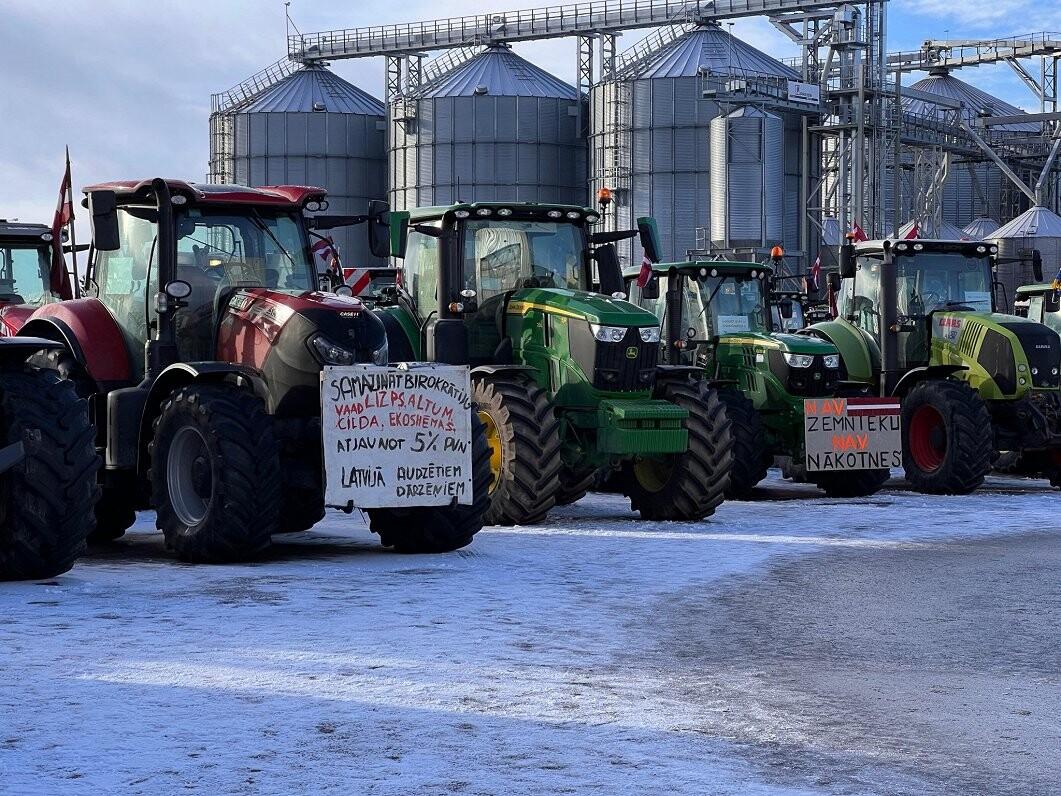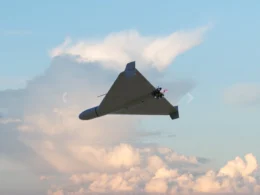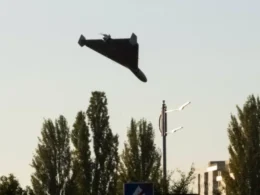Farmers across 16 cities in Latvia have taken to the streets, deploying columns of agricultural machinery in a protest, demanding a ban on the import of food products from Russia and Belarus, ERR reported on 5 February.
According to a statement made in December by a Latvian government official, imports of Russian grain into European Union countries by way of Latvia reached over 380,000 metric tons in 2023 - a rise of approximately 80,000 tons over 2022 import totals moving through the Baltic state.
The demonstrators are calling for immediate and stringent actions against importing Russian and Belarusian food products, advocating for a ban without a transitional period. Additionally, they demand the restoration of a reduced 5% value-added tax (VAT) rate on Latvian fruits and vegetables, highlighting the critical need for financial relief within the agricultural sector.
According to ERR, the protests are a response to several pressing issues faced by the agricultural community, including the heavy burden of bureaucracy, restricted access to development programs and working capital, and excessive land use restrictions imposed by the state. Protesters argue that these challenges severely limit their operational efficiency and long-term sustainability.
Juris Lazdins, the head of Zemnieku Saeima, a non-governmental organization representing agricultural and horticultural producers, emphasized the organized nature of the protests.
According to Baltnews
, Lazdins stated that the initial phase of the protests would see farmers gathering at predetermined locations, ensuring that their actions do not hinder traffic movement. This strategy suggests a well-planned approach to voicing their grievances, seeking to balance the urgent need for visibility with a commitment to minimizing disruption for the wider public.
On 3 February, Euronews reported that Finland is extending the closure of its border with Russia for another month amid concerns that the Kremlin is trying to undermine the Nordic country’s security by sending thousands of migrants over the frontier.
Read also:
- UK intel: Russia may lean more on debt and taxes amid 2024 budget pressures
- Bloomberg: G7, EU discuss using $250 billion frozen Russian assets for Ukraine rebuild
- FT: Belgium proposes plan to use frozen Russian billions to aid Ukraine
- Media: Finland to keep its Russia border crossings closed amid hybrid war concerns





